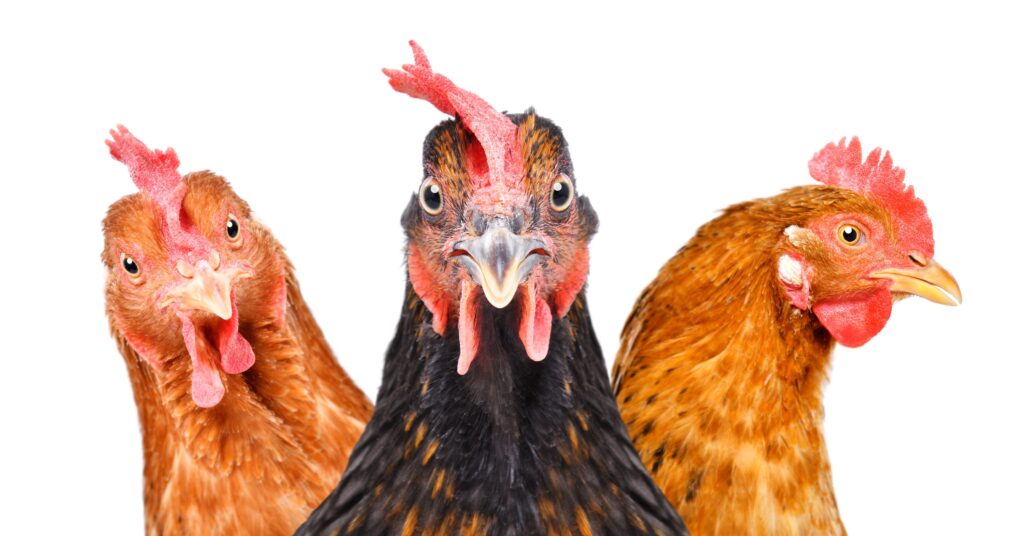The Netflix effect
Last fall, during an earnings conference call, Netflix CEO Reed Hastings made an announcement that landed him on the front page of every newspaper business section: His company had surpassed HBO to become America’s biggest pay-TV service. Today, about 30 million Netflix accounts exist, serving about a quarter of America. Netflix’s first round of original series won critical plaudits and were the first purely video-on-demand television series to win Emmy awards. The concept of “binge watching” became popular largely because of Netflix. Because it offers a rich library of old and new TV shows for a modest sum per month, the service has even helped grow the number of “cord cutters,” who watch “television” only through the Internet.
All this, of course, is well documented and much discussed. What has gotten far less attention is the fact that Netflix’s rise to become America’s most influential TV service is a rejoinder to scolds on both sides of the political spectrum who have claimed that new media will fuse politics and entertainment. In fact, Netflix’s rise—and its combination of unconcern and cluelessness about the world of politics—shows just the opposite. No matter how many people might call “Network” (1976) prophetic, or think that last year’s bizarre “Anchorman 2” was an accurate representation of the news business, or decry the rise of “tabloid TV” and “infotainment,” there’s little evidence that politics and entertainment have fused in recent years. Over the past century, in fact, the line between politics and entertainment has become more distinct.
Famous orators of the past—the temperance crusader John Gough, Frederick Douglass, William Jennings Bryan—always knew how to bring a strong dose of the theatrical to their presentations and drew larger audiences than the theatrical performances of their time. Three-hour speeches, unthinkable today, were a lot more exciting than the farm and assembly-line labor common in the 19th and early 20th centuries. Before the national release of films began in the 1920s, almost no American outside of the world of politics (broadly construed) could claim national celebrity. As late as the 1980s, the Big Three network news anchors were among the biggest celebrities in the country. Today, if you’re under 55, it’s unlikely you could even name all three of their modern successors.
If Netflix is the future, then, there’s considerable evidence that news and entertainment will become more distinct. Netflix has no news division, and its on-demand format makes it unsuitable for even the modest “public affairs” programming that appears on HBO (Real Time with Bill Maher, et al.). While it recently produced and released a reasonably sympathetic look at Mitt Romney—a return to the documentary production it started and abandoned in the last decade—this isn’t a sign that the company is somehow trying to correct the left-leaning slant of most documentary filmmakers. While there is certainly streaming material besides the Romney documentary that flatters conservatives (Andrew Breitbart’s “Occupy Unmasked”), at least as much will please liberals (Michael Moore’s “The Big One”) and lunatics (“Dark Legacy,” which describes how George H. W. Bush killed John F. Kennedy).
Of course, no video-on-demand service controlled by user choice could ever be effective in delivering news, since it’s based on what’s going on at any given moment and demands a “pushed” format that’s best delivered as a web page or 24-hour news channel. As the cost of getting on the web, or starting a cable channel, has plummeted, such services have proliferated. The news universe that results may well be more fragmented, opinionated and angry, and since people can easily watch and read only things that flatter them, this may be more comforting. But that still doesn’t make it entertainment.
Which is why it’s interesting that Netflix’s first series all have political elements: House of Cards, starring Kevin Spacey, offers a cynical view of Washington politics; Orange Is the New Black is a “dramedy” about life in a women’s prison, based on a nonfiction book full of public policy arguments; Hemlock Grove, a thriller/supernatural series, deals with the political machinations of small-town life. House of Cards and Orange Is the New Black rank among the smartest, best-written, best-produced shows around. Hemlock Grove is better-than-average TV.
All three, however, show a certain cluelessness about the political issues they address. Hemlock Grove is the most forgivable in its portrayal of politics. At heart, it’s a small-town gothic in the spirit of True Blood‘s early seasons and Twin Peaks, and it takes dramatic license in converting things that would be national news stories (the brutal murder that opens the first episode, for example) into purely local events. Dozens of other shows do this, and it’s easy enough to overlook.
The other two series can’t get the same pass. Piper Kerman’s memoir, which serves as the basis for Orange Is the New Black, is an interesting (if sometimes shrill) screed against mass incarceration based on the Smith-graduate-turned-drug-money-courier’s year in federal prison. While she doesn’t claim that our prisons are full of innocent people, she makes a solid political case that the long-term incarceration of nonviolent, or even less-violent, offenders can’t be good for society. The Netflix version centers on one Piper Chapman (Taylor Schilling), but depicts the same minimum-security prison as a violent place full of people who deserve to be isolated from society. In other words, for the purposes of good TV, the producers contradict the central political message of the book. Since Piper Kerman herself has promoted the show, she must recognize the contradiction.
If Orange Is the New Black simply contradicts the political message of its source, however, House of Cards, a far more overtly political show, largely ignores real life altogether. On one hand, its production shows that some people with experience in Washington know what they’re doing: Designers perfectly match the visitors’ badges used in the Capitol building and the stickers in taxicab windows, even the look of the Georgetown and Adams Morgan flats occupied by recent college graduates. (All the more impressive, really, since most filming takes place in Baltimore.)
But the political doings at the heart of House of Cards, the second season of which premiered in February, betray an ignorance of political reality. In the first season, several episodes turned on a national teachers’ strike that caused all public schools in America to close because teachers disliked a bill moving through Congress. This is, of course, plainly impossible: Only a third of public-school teachers in America belong to a union, no single union controls all organized teachers, many states ban teacher strikes, and since the passage of the Taft-Hartley Act nearly 70 years ago, unions haven’t been allowed to engage in political strikes at all.
Ignorance of the world of politics doesn’t end there. A major plot thread has South Carolina congressman Francis Underwood (Kevin Spacey) getting himself heavily involved in a Pennsylvania gubernatorial campaign. (In the real world, it’s rare that members of Congress involve themselves in local races in their own states.) In other episodes, editors at a big metropolitan daily give front-page placement to a story based on an unattributed tip, written by a reporter who won’t disclose her sources to her own editors, and the House of Representatives holds a floor roll-call vote on a bill involving a single river’s watershed. While all these things could happen in theory—and may have occurred at some point in the past—they almost certainly wouldn’t take place today. The people behind House of Cards presumably know better, but prefer a good drama to any grounding in political reality.
Caveat emptor. Anyone who wants to learn about American politics from what’s marketed as pure entertainment programming is almost certain to emerge clueless. And people aren’t relying on Netflix for their news anyway. If Netflix is the future, entertainment and politics will continue to grow apart.








